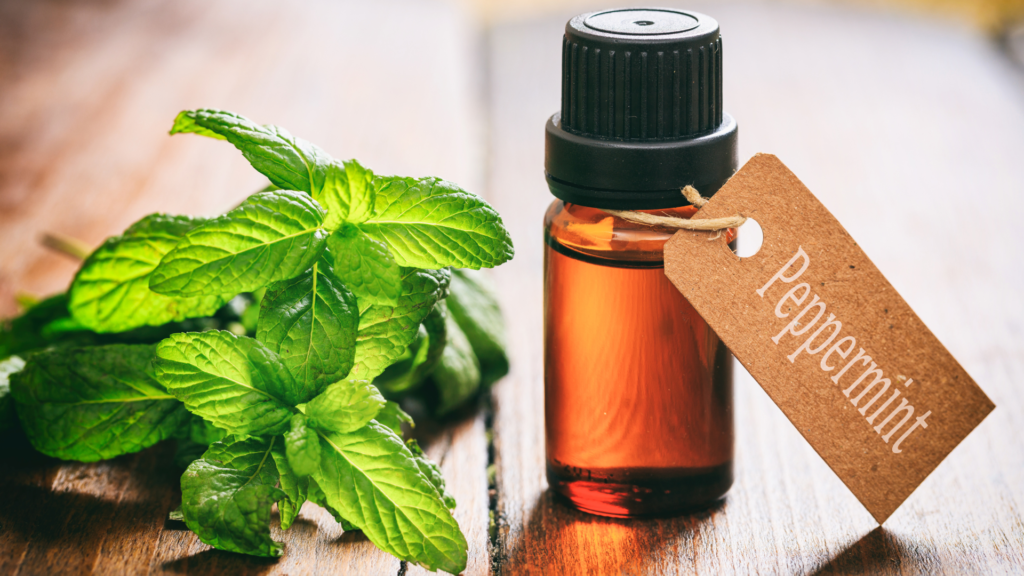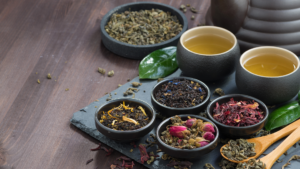
In the world of natural remedies, few herbs offer the versatility and effectiveness of peppermint. Known for its refreshing aroma and distinctive flavor, peppermint has been cherished for centuries for its myriad health benefits and applications. From soothing digestive woes to alleviating respiratory discomfort, relieving muscle pain, and even deterring unwanted rodents, peppermint truly stands out as a powerhouse herb for health and wellness.
Digestive Health
One of the most well-known uses of peppermint is its ability to support digestive health. Whether it’s a case of indigestion, bloating, gas, or stomach cramps, peppermint comes to the rescue with its soothing properties. The menthol found in peppermint acts as a natural muscle relaxant, helping to ease spasms in the gastrointestinal tract and promoting smoother digestion. For those suffering from irritable bowel syndrome (IBS), peppermint oil has shown promising results in clinical studies for reducing symptoms such as abdominal pain and discomfort.
To harness the digestive benefits of peppermint, one can enjoy it in various forms. Peppermint tea, made by steeping dried peppermint leaves in hot water, is a popular choice for soothing upset stomachs and promoting overall digestive wellness. Alternatively, peppermint oil capsules or tinctures can provide targeted relief for digestive discomfort.
Respiratory Health
Peppermint’s invigorating aroma and cooling properties make it a go-to remedy for respiratory issues. Whether you’re battling a stubborn cough, sinus congestion, or a sore throat, peppermint can offer much-needed relief. The menthol in peppermint helps to open up the airways, making it easier to breathe and clearing congestion.
For respiratory support, inhaling steam infused with peppermint oil can provide immediate relief from nasal congestion and sinus pressure. Adding a few drops of peppermint oil to a bowl of hot water and inhaling the steam for several minutes can help soothe irritated airways and promote clearer breathing. Additionally, incorporating peppermint tea into your daily routine can provide gentle respiratory support while offering a comforting and refreshing beverage option.
Nausea and Motion Sickness
Peppermint’s calming effects extend to the realm of nausea and motion sickness. Whether you’re experiencing morning sickness during pregnancy, motion sickness during travel, or nausea from chemotherapy, peppermint can help ease queasiness and settle the stomach. The soothing properties of peppermint can help alleviate feelings of nausea and prevent vomiting, providing much-needed relief when you’re feeling under the weather.
To combat nausea, simply inhaling the aroma of peppermint oil or sipping on peppermint tea can help settle your stomach and ease discomfort. For motion sickness, taking peppermint capsules or sucking on peppermint candies during travel can help ward off queasiness and prevent symptoms from worsening.
Muscle and Joint Pain
Peppermint’s analgesic and anti-inflammatory properties make it a valuable ally for relieving muscle and joint pain. Whether you’re dealing with sore muscles after a workout, arthritis pain, or general aches and pains, peppermint can offer soothing relief. The cooling sensation of peppermint provides immediate comfort, while its anti-inflammatory properties help reduce swelling and inflammation.
To alleviate muscle and joint pain, applying diluted peppermint oil topically to the affected area can provide targeted relief. The menthol in peppermint oil helps numb the area, providing temporary pain relief, while its anti-inflammatory properties work to reduce swelling and discomfort. Alternatively, adding a few drops of peppermint oil to a warm bath can provide whole-body relaxation and relief for achy muscles and joints.
Alternative Use: Rodent Repellent
In addition to its myriad health benefits, peppermint also serves as a natural remedy for repelling rodents from your home. The strong, potent scent of peppermint is highly offensive to rodents, making it an effective deterrent against mice and rats. Simply soaking cotton balls in peppermint oil and placing them in areas where rodents are likely to enter, such as near entry points like doors and windows, can help keep unwanted pests at bay. Additionally, mixing peppermint oil with water and spraying it around your home can create a barrier that rodents will want to avoid.
In conclusion, peppermint is truly a versatile herb with a wide range of health benefits and applications. Whether you’re seeking relief from digestive discomfort, respiratory issues, nausea, or muscle and joint pain, peppermint offers natural and effective solutions. And with its ability to repel rodents, peppermint proves that its benefits extend beyond health and wellness, making it a valuable ally for maintaining a healthy and pest-free home.



